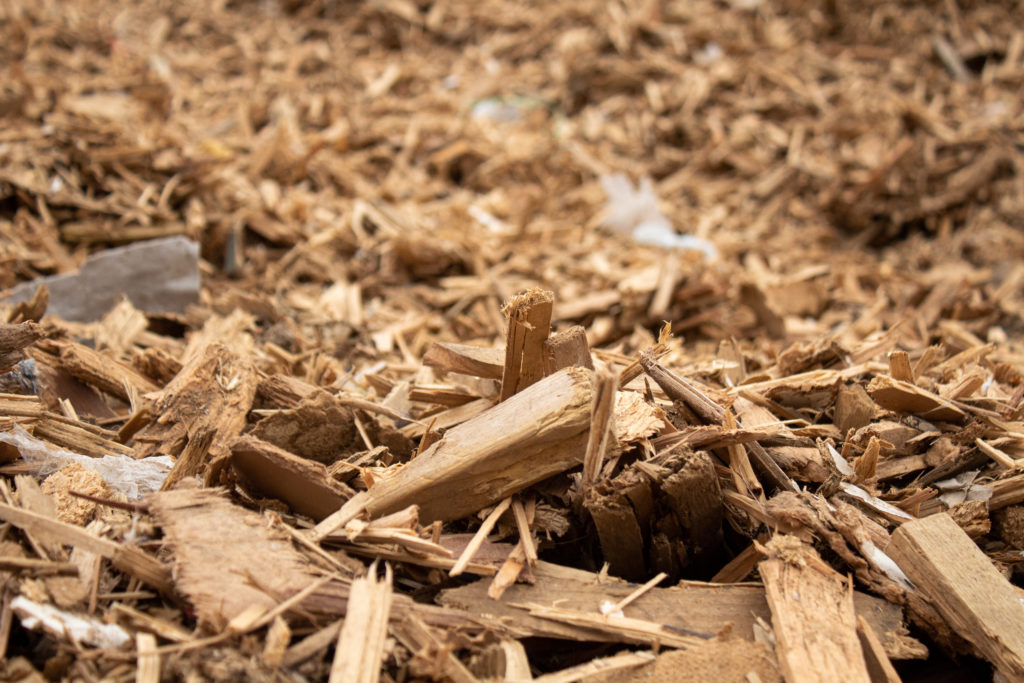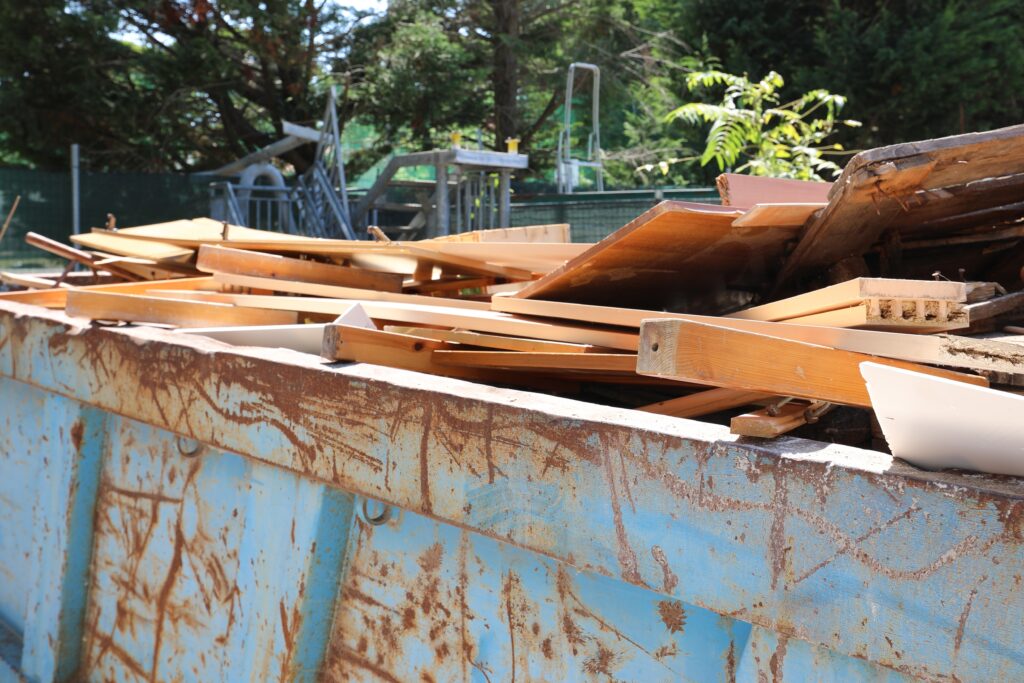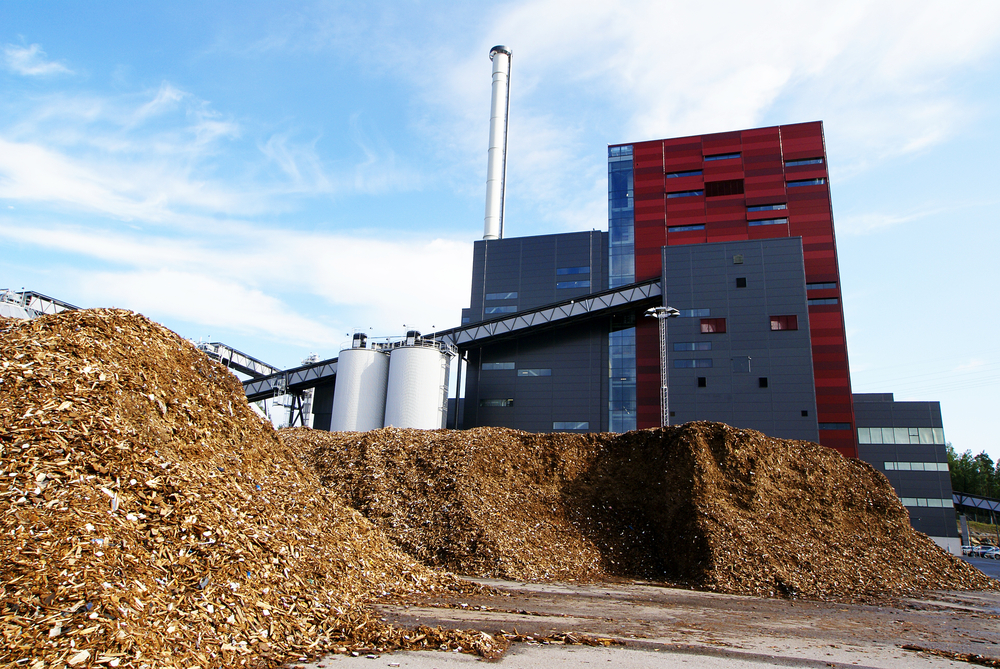The Norwegian waste management company said the “sharp drop” in volumes of waste wood was caused by a mix of declining business activity in Europe and trade boycotts in Russia and Belarus, where a lot of the supply previously came from.
As the supply falls, prices across Europe have increased, Geminor said, coming close to €100 (£89) per tonne for the “best quality” waste wood in several regions.
According to Kjetil Vikingstad, Geminor’s CEO, this has created “challenges” for both recycling and energy recovery, which are, “in practice, competing for the same waste wood.”
“Not only does waste wood become more expensive, but it also becomes more challenging to obtain,” Mr Vikingstad said.
“In Germany alone, we estimate that the supply will fall by around 2 million tonnes this year, and England and France also report deficits in waste wood.”
Winter is likely to bring further deterioration, as access to material is also affected by inflation and increased interest rates, Mr Vikingstad continued.
UK
A spokesperson for the Wood Recyclers’ Association (WRA) told letsrecycle.com that while there is currently no shortage of waste wood in the UK, “we are monitoring the situation closely to see how things unfold over the winter”.
They added: “Supply and demand of waste wood has become increasingly balanced in recent years and demand has increased further this year as biomass plants respond to the current high energy price.
“Over the coming months the economic situation could also reduce waste wood supply. It is therefore imperative that we maximise the use of UK waste wood.”
Sweden
According to Geminor, Sweden is amongst the countries hit hardest by the lack of waste wood.
The company claims this is due to Swedish regulations that facilitate the “efficient” use of waste wood and various types of biofuel in energy production, with many incineration plants’ boilers designed only for these types of materials.
Last year saw 21 TWh of energy for district heating production based on wood and biofuel in Sweden, Geminor says, with close to 46% of this based on biofuel such as bark and chips.
Alternative fuels
Per Mernelius, country manager for Geminor in Sweden, said that this year many district heating plants would need to consider alternative fuels, including “impregnated wood and treated residual waste such as SRF”.

Mr Mernelius said: “The market demand is opening up new streams and previously unused biomaterial from forestry is becoming more attractive to the energy recovery industry.”
However, he highlighted that this adaption demands adjusted emission permits, the right quality fuel and changes to logistics.










Subscribe for free